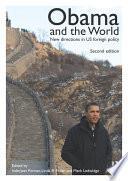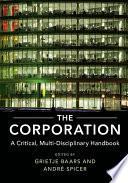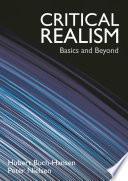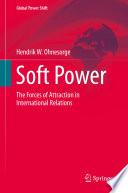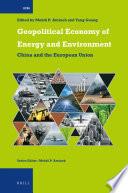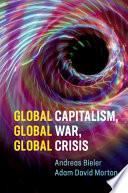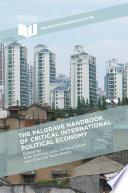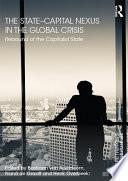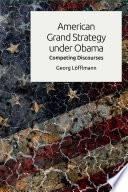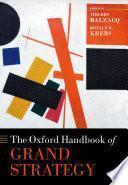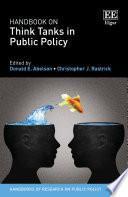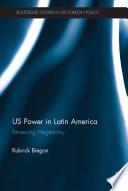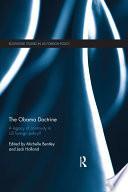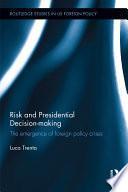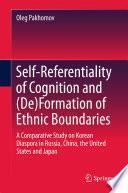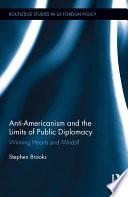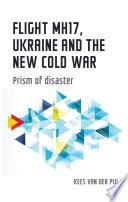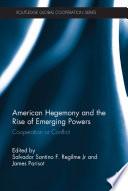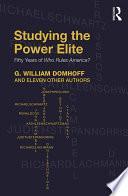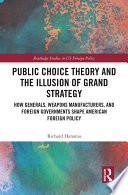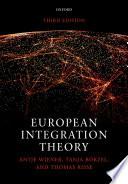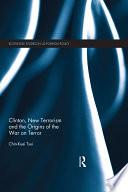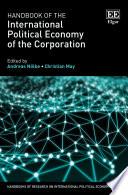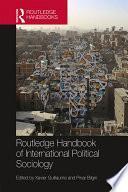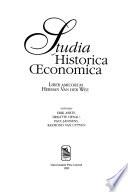
American Grand Strategy and Corporate Elite Networks
Author: Bastiaan Van Apeldoorn , Naná de Graaff
Number of pages: 318This book presents a novel analysis of how US grand strategy has evolved from the end of the Cold War to the present, offering an integrated analysis of both continuity and change. The post-Cold War American grand strategy has continued to be oriented to securing an ‘open door’ to US capital around the globe. This book will show that the three different administrations that have been in office in the post-Cold War era have pursued this goal with varying means: from Clinton’s promotion of neoliberal globalization to Bush’s ‘war on terror’ and Obama’s search to maintain US primacy in the face of a declining economy and a rising Asia. In seeking to make sense of both these strong continuities and these significant variations the book takes as its point of departure the social sources of grand strategy (making), with the aim to relate state (public) power to social (private) power. While developing its own theoretical framework to make sense of the evolution of US grand strategy, it offers a rich and rigorous empirical analysis based on extensive primary data that have been collected over the past years. It draws on a unique data-set that consists of extensive...

